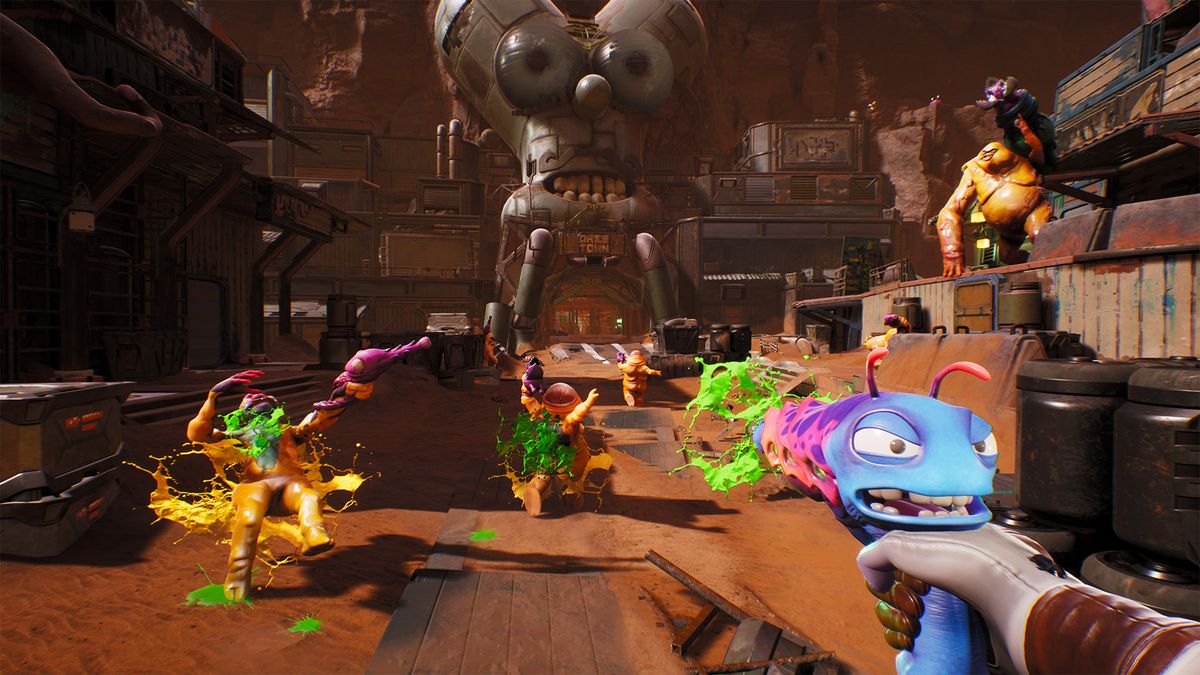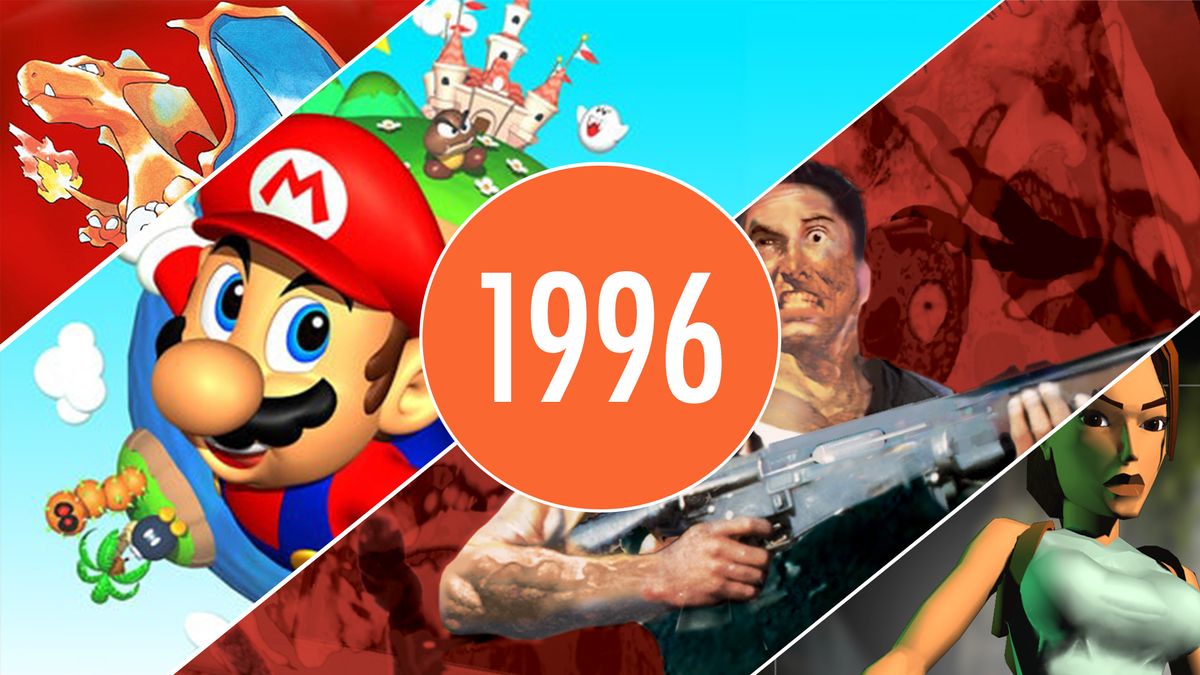Known as Itadaki Street in Japan, Fortune Street is a strategic board game-style party game that’s basically like a beefed-up version of Monopoly. In fact, if you like Monopoly, it’s safe to say that you will absolutely love Fortune Street, because it takes the same concepts and adds a few extra levels of strategy to make things more interesting. And if you like either Mario or Dragon Quest, you might want to check it out just to see characters from both series on the same screen at once competing against each other.
If you’ve played Monopoly, the basics of Fortune Street will make sense to you immediately. Up to four players each take turns rolling a die to move around a game board where they can buy and invest in properties. The more adjacent properties a character owns, the more he can invest in those properties and charge others higher prices for the privilege of landing on those squares. Savvy negotiators can also barter to buy out other players, and if you’re willing to pay the exorbitant price of five times the property’s value, you can force a buyout on the owner. With the stakes raised, decisions become tense – is it worth it to pay through the teeth to block your opponent from forming a power cluster of properties? The right choice isn’t always obvious, and that’s exactly the point that makes it fun.

Also like Monopoly, not every square contains a property – various squares also contain microgames, sometimes chance-based, that reward or penalize players depending on the outcome. This is where we really saw the characters of each franchise shine through – we particularly enjoyed the Slime race where you bet on a Slime like you’re at the race track betting on horses (you get a “CongratGOOlations!” if you win, by the way). We even saw a card picking game that vaguely reminded us of the memory game in Super Mario 3. From the brief time we played we were impressed with the overall level of fan service to both franchises, and each character’s portrayal feels accurate to his or her personality.
Sound good so far? Well, that’s just the easy mode. Fortune Street also contains a harder, even more strategic mode that adds a stock market component. Properties have fluctuating market values, and players can choose to buy and sell stocks each turn from any of the properties owned on the board. If your friend is doing really well on a cluster of properties, you can ride the wave of her success by buying her stocks and earning a piece of her profits based on how much stock you own. But be careful, because your friend could also spite you and sell off anything you’re heavily invested in, so that the stock plummets and you lose the money you put in.

Fortune Street seems so far like one of those games that you’re either going to love or you won’t have any interest in it at all, depending on if it’s your thing or not. It’s also difficult to truly get the feel for a party game when you’re playing with people you don’t know very well at a press event, so we hope to get a chance to play more with friends before Fortune Street comes out at the end of this year.
Jul 21, 2011
 Game News Video Games Reviews & News
Game News Video Games Reviews & News



